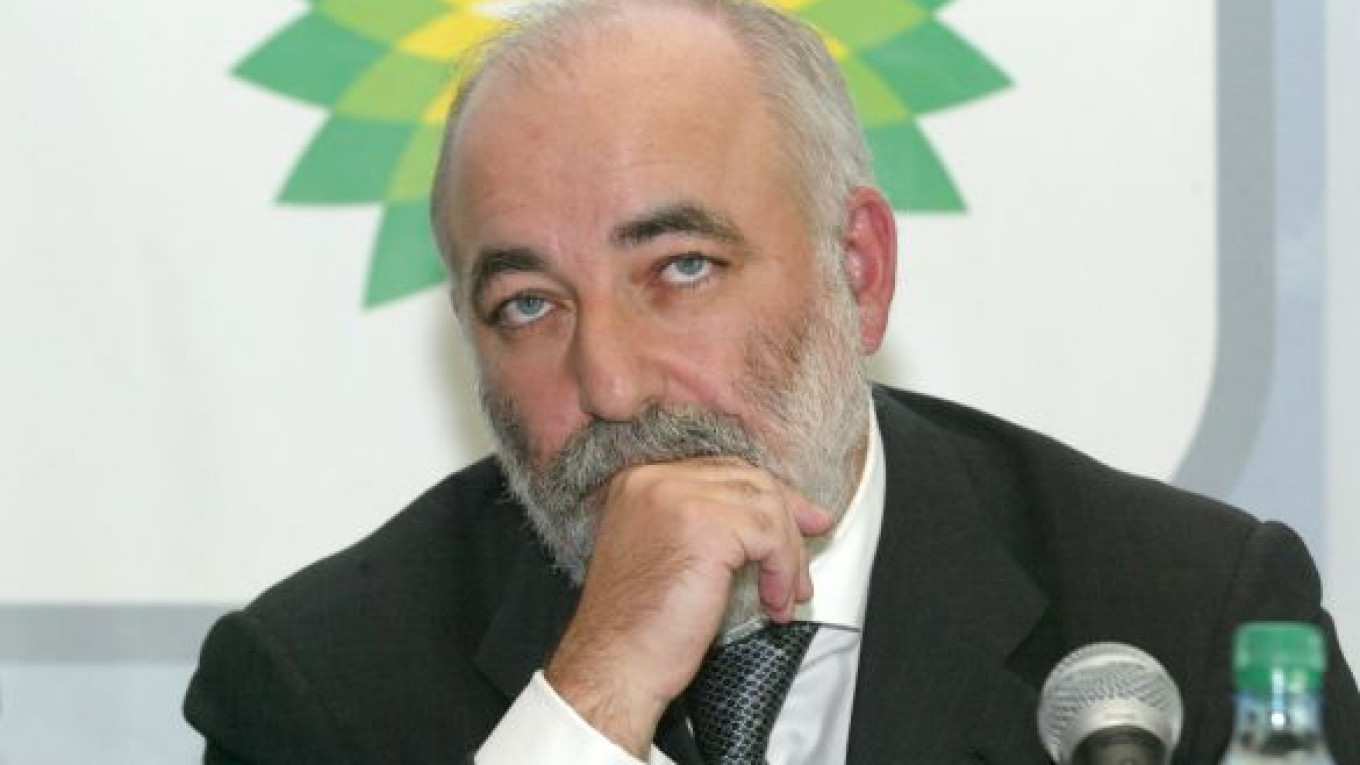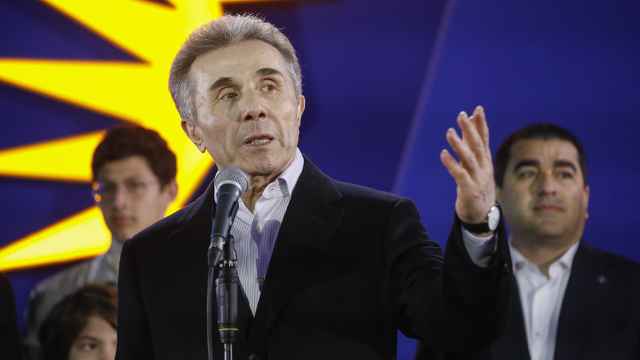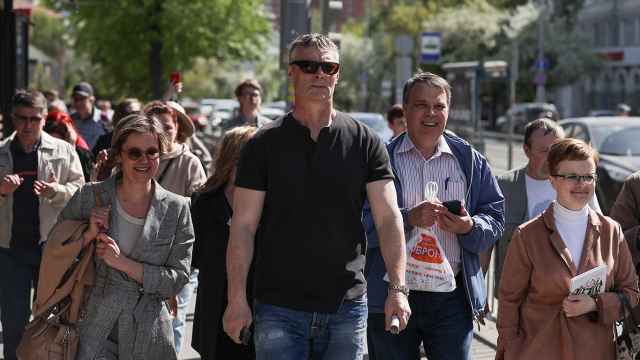As a young engineer in the late 1980s, Viktor Vekselberg showed initiative and was well-liked by co-workers at the Moscow-based company where he helped develop equipment for oil exploration.
But there was no sign that he would one day become a multibillionaire.
"He was full of energy and the life of the party," said one of Vekselberg's former co-workers at the company, Konnas. "He had a creative approach and always showed initiative.
"No one expected him to choose a different career path," said the former co-worker, who still works for Konnas and asked not to be identified because he was not authorized to speak with the media.
Those personal qualities, however, allowed Vekselberg, 54, to become the head of one of Konnas' departments and subsequently buy the whole company.
The eyes of the business community turned to Vekselberg this week after he resigned as chairman of United Company RusAl, accusing its management of drawing the world's largest aluminum producer into crisis and bringing a conflict between him and majority owner Oleg Deripaska into the open.
Vekselberg, who holds 15.8 percent of RusAl, had chaired the aluminum giant since it was established in 2007 from the merger of his SUAL, Deripaska's Russian Aluminum and Swiss-based Glencore International. SUAL — founded by Vekselberg and his university classmate Len Blavatnik, who bought aluminum assets across the country in the 1990s — was one of the world's biggest aluminum makers at the time of the merger.
Vekselberg, ranked 64th in Forbes magazine's list of the world's wealthiest businessmen with an estimated fortune of $12.4 billion, is said to have made his first million selling scrap copper from worn-out cables abroad.
A graduate of Moscow State Railway University, he founded Renova in 1990 and expanded it into a diversified holding with assets in oil and gas, metals and mining, energy, construction and telecommunications. Vekselberg is Renova's chairman.
In 2010, President Dmitry Medvedev appointed him to oversee the creation of the Skolkovo innovation center, the Russian answer to California's Silicon Valley.
Vekselberg is independent in his decision making but "absorbs the experience of others," said Alexander Galitsky, managing partner of a venture capital fund, Almaz Capital Partners, and a board member of the Skolkovo Foundation chaired by Vekselberg.
"He's very responsible, and if he starts doing something, he sees it through to the end," Galitsky said.
Unlike many tycoons, Vekselberg is very open in communicating with various people, he added. "There were many people at his last birthday party, but he managed to spend some time with everyone," he said. "His family is also very nice."
Vekselberg has an adult daughter and a son. His wife, Marina Dobrynina, chairs the Dobry Vek charity for people with mental disorders.
Like many oligarchs, Ukrainian-born Vekselberg has an expensive hobby: He is the world's largest private collector of Faberge eggs, which he has repatriated to Russia.
In his leisure time, he is said to be an avid reader, favoring poet Boris Pasternak.
A Message from The Moscow Times:
Dear readers,
We are facing unprecedented challenges. Russia's Prosecutor General's Office has designated The Moscow Times as an "undesirable" organization, criminalizing our work and putting our staff at risk of prosecution. This follows our earlier unjust labeling as a "foreign agent."
These actions are direct attempts to silence independent journalism in Russia. The authorities claim our work "discredits the decisions of the Russian leadership." We see things differently: we strive to provide accurate, unbiased reporting on Russia.
We, the journalists of The Moscow Times, refuse to be silenced. But to continue our work, we need your help.
Your support, no matter how small, makes a world of difference. If you can, please support us monthly starting from just $2. It's quick to set up, and every contribution makes a significant impact.
By supporting The Moscow Times, you're defending open, independent journalism in the face of repression. Thank you for standing with us.
Remind me later.






